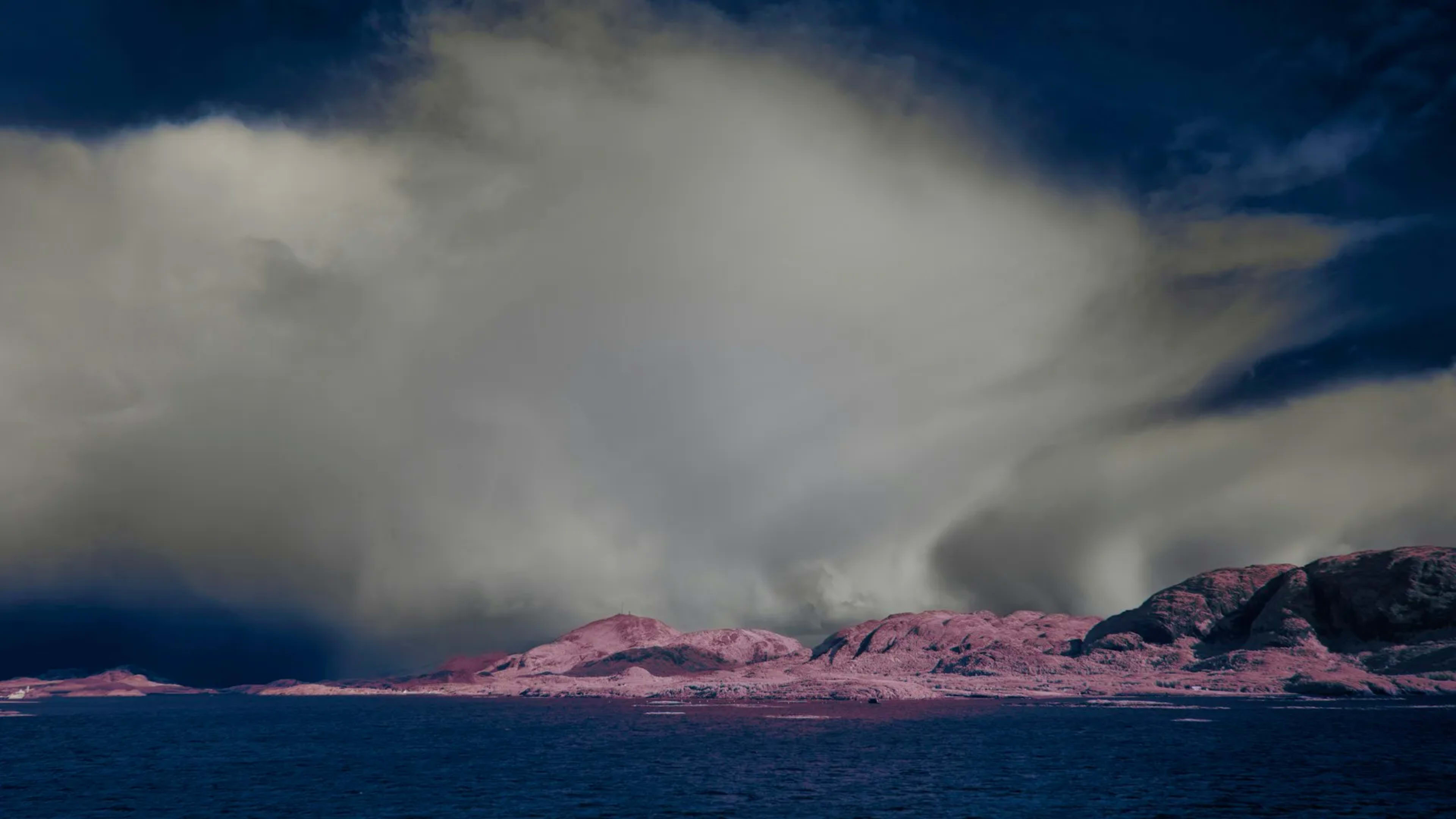Location & Transportation
Since cruise ships cannot dock directly at Cape Royds, you will be tendered by inflatable zodiac boats. These small, guided boat trips bring you close to the dramatic Antarctic shoreline, and they offer an intimate glimpse of this remote landscape.
Sightseeing
The historic huts at Cape Royds tell a remarkable story of Antarctic exploration. These well-preserved shelters, originally occupied by explorers like Ernest Shackleton and nearby Robert Falcon Scott at Cape Evans, remain almost exactly as they were left. You can see original artifacts such as bales of hay for horses and preserved supplies, giving you a vivid picture of the hardships faced during the early expeditions.
Tours & Excursions
If you're looking to delve deeper into the history and wild beauty of Antarctica, consider these excursions:
- Guided Zodiac Tours: Most cruise itineraries include a guided zodiac tour that brings you up close to the historic huts while safely navigating the icy waters.
- Wildlife Excursions: Depending on seasonal conditions, you might have the opportunity to see local wildlife such as penguins and seals in their natural habitat.
- Nature Walks: Weather permitting, some tours offer short guided hikes along the rugged coastline, where experienced guides share fascinating stories about the explorers and the region's unique ecosystem.
It‘s a good idea to compare shore excursion costs between what your cruise line offers and options like Viator and GetYourGuide. They often provide lower prices and include customer reviews and ratings to help you choose the best option. They may also offer more more flexible cancellation or rescheduling policies than those available through your cruise line. However, while booking independently might give you more variety and potentially better rates, be mindful of your schedule - cruise line excursions are typically coordinated to match your ship‘s schedule with guaranteed pick-up and drop-off times.
There is also a great resource for finding local guides at Tours by Locals. Tours by Locals connects you with local guides who can help you plan a private personal tour, guide you, and get you back to your ship on time. You can also check out Rome2Rio for local transportation options. It is a great resource for finding how to get from one place to another, including public transportation, taxis, ferries, and more.
Culture & Local Events
Even though Cape Royds has no permanent population, its historical and environmental significance makes it a unique cultural landmark:
- Historical Significance: The preserved huts are a living museum of Antarctic exploration. They offer a rare, untouched window into the challenges early explorers faced.
- Local Protocol & Environment: There is no local currency, standard communication network, or established business hours here. Instead, strict guidelines under the Antarctic Treaty ensure that the environment remains pristine. All activities are coordinated by your cruise operator, and you should always follow their safety instructions.
- Safety & Awareness: Due to extreme weather and remote conditions, it's crucial to dress warmly and be prepared for sudden changes. Listen carefully to your expedition leader and respect all environmental protection measures.
- Occasional Briefings: While there are no regular festivals or events, you might encounter impromptu lectures or briefings on Antarctic history and wildlife organized by expedition teams during your visit.
